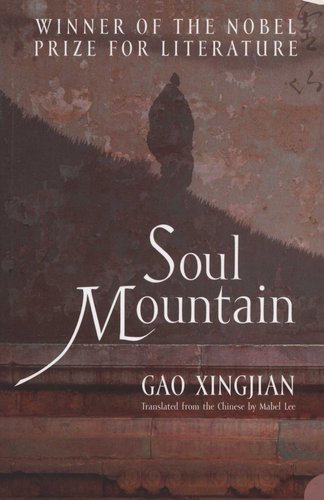I picked up Gao Xingjiang’s doorstopper from the “leave a book, take a book” library at a hostel in Beijing in 2010. After a couple of half-hearted starts, I finally read it in 2024.
One more for the reading stats!
I liked the pointlessness of it all, how Soul Mountain is basically a collection of stuff without much of a structure and no plot to speak of. I liked the split of “I”/”you” perspectives, I liked a lot of the descriptions of the landscapes. It’s the kind of book I can easily return to again and again: there’s so much rich imagery, reflections, descriptions to get lost in, without having to keep all the threads of plot or character relationships straight because there are none!
I clearly tilt towards books that are thinky thoughts interspersed with nature and travel writing.
What I liked less was how Gao can’t seem to get beyond objectifying women any time they turn up. Either the male narrator (text makes it very clear that “I” and “you” are both men, so even with death of the author etc. I’m comfortable slotting this into “problems of the male gaze”) finds a woman attractive but childish or otherwise laughable, or he finds her unattractive and morally repugnant. Regardless, her sex appeal or lack thereof never goes unremarked. A recurring “she” who is part of the “you” chapters gets this the worst: she starts out as attractive and charming, but as things progress she turns more and more impulsive, childish, and petulant.
Who hurt you, Gao?
I would love to know how translator Mabel Lee felt about those moments in the text, how she thought about translating them, if she thought about them at all. I wonder if women in Gao’s other work fare any better than they do in Soul Mountain.


One thought on “Soul Mountain”